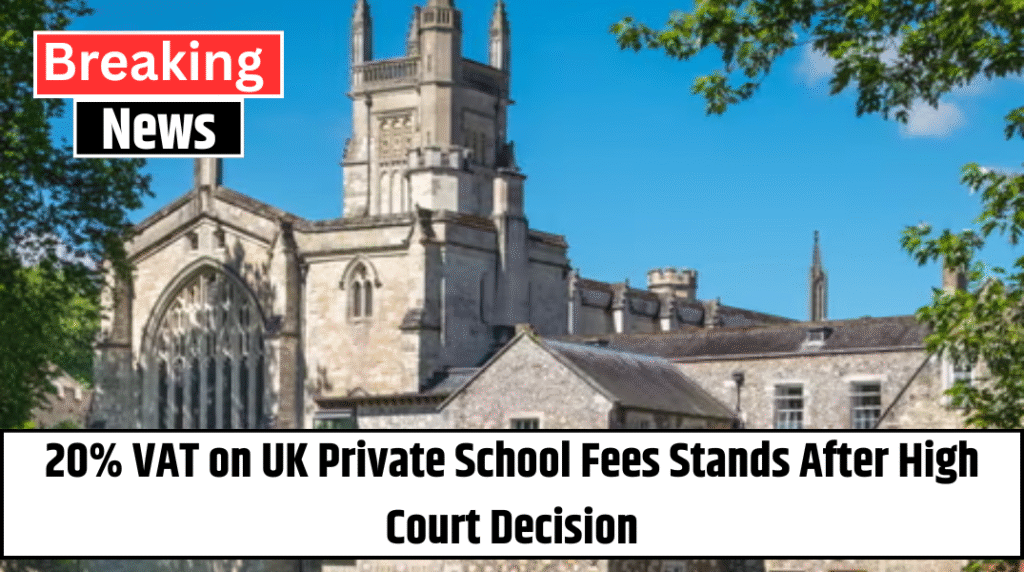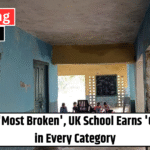A series of legal efforts to overturn the UK government’s decision to apply VAT to private school fees have been dismissed by the High Court. Judges ruled that the 20% tax, which was introduced in January 2025 as part of Labour’s election manifesto, aligns with post-Brexit legislative freedoms and does not violate human rights laws.
The panel of judges—Dame Victoria Sharp, Lord Justice Guy Newey, and Mr Justice Chamberlain—stated in their ruling that imposing VAT on private education would have been prohibited under previous EU regulations. They described the tax as a clear instance of the UK exercising new legislative autonomy following its departure from the European Union.
The government has committed to using the revenue from the VAT—estimated to be in the hundreds of millions of pounds—to help recruit an additional 6,500 teachers for state-funded schools.
Several legal claims had been brought forward by independent schools and parents, citing concerns over religious rights, educational choice, and access for children with special educational needs (SEN). The court, however, found these arguments unconvincing.
In regard to families of children with SEN, the judges acknowledged the hardships they might face if they were forced to move from private to state schools. Yet they noted this also highlighted the ongoing struggles faced by over 1 million children with special needs already being educated in the public system.
The court acknowledged that the VAT policy interferes with some individual rights, including those related to religion and private education. However, it emphasized that the government holds a “broad margin of discretion” when weighing the impact on affected families against the anticipated benefits to the wider public through improved state education.
On the issue of religious freedom and education, the judgment clarified that the European Convention on Human Rights does not oblige governments to make private education financially accessible. It only guarantees access to whatever education system a government chooses to provide, and the freedom to establish private institutions—not the obligation to support them financially.
Robert Lewis, head of the education division at law firm Mishcon de Reya, said the legal defeat was widely expected. “Challenging a democratically backed policy like this, which was part of a general election campaign and passed through Parliament, was always going to be an uphill battle,” he remarked. “That said, the ruling does reinforce that while taxing private schools is lawful, banning them outright would likely breach human rights protections.”
Julie Robinson, chief executive of the Independent Schools Council (ISC), one of the leading voices in the legal challenge, expressed disappointment but maintained the importance of the legal scrutiny. “This is a historic tax on learning, and we believed it necessary to ensure it complied with rights laws,” she said. “We’re reviewing the ruling closely and remain committed to supporting schools and families impacted by this policy.”
The Christian Legal Centre, which represented some parents in the case, announced it would back an appeal, arguing that the tax unfairly targets Christian families seeking faith-based private education.
The case marks a significant moment in the ongoing debate over educational equity and funding priorities in post-Brexit Britain—highlighting the tension between private education advocates and those championing investment in the state system.



